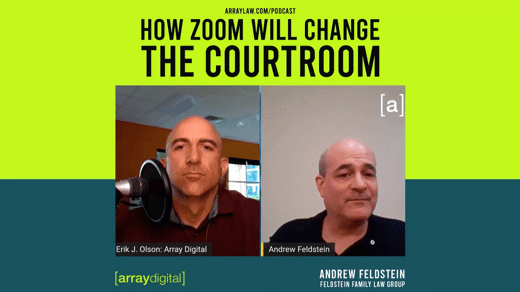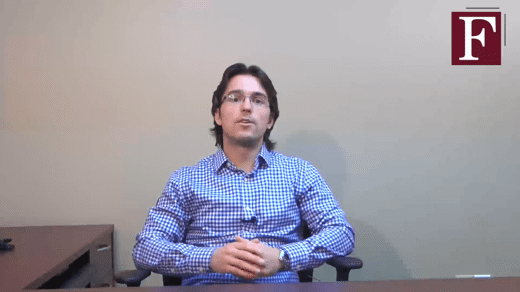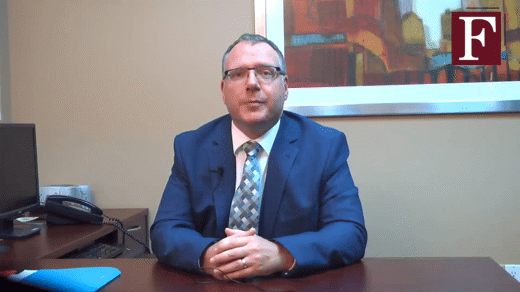Hello, I am Nick Slinko with the Feldstein Family Law Group.
I deal with family law litigants on a daily basis. One thing I have realized in my years of practice is that – at first – none of them have the proper understanding of what the first meaningful court appearance in our case management system is like. Whether misinformed through how family law cases are depicted in movies or on television, or influenced by the emotional elements of their separation, clients are often surprised when I explain to them the purpose and format of a Case Conference. For that reason I thought it would be helpful to explain the Conference process in more detail.
Case Conferences
So what is a Case Conference? The Case Conference is normally the first court appearance the parties will attend. It is a discussion between the parties, their lawyers (if they have one) and a judge, about the issues in a Court Application.
Why do we have Case Conferences?
Well, the over-arching idea is that if the parties start off by discussing their issues, they will be more successful in coming to a faster and less expensive resolution to their Court Application.
What is discussed at a Case Conference?
Well, exploring settlement, identifying what the parties can agree upon, ensuring disclosure of evidence, discussing the next steps, discussing whether any experts are needed, and discussing whether any motions are needed.
The date for a Case Conference is usually set after the parties have finished serving and filing their Application, Answer and Reply, which is commonly referred to as the close of pleadings. At this time, the parties know their respective positions on all the issues, and they can start working towards resolving those issues.
It is also a good idea for the parties to exchange their financial disclosure prior to the Case Conference, so that they can have full and frank discussions about the financial issues at the Case Conference.
What’s been disclosed, what’s been agreed to, the financials—all these help to create a productive Case Conference, and assist the judge in making helpful recommendations. It is often on the recommendations of the judge at the Case Conference that the parties will settle their issues.
The judge will need to know the issues and will need to know the facts regarding those issues, and this is done by completing a Case Conference Brief. The Brief is basically a “fill in the blanks” document, but can look intimidating as it asks some technical questions.
The content can be very important, though, as the judge will read this Brief before dealing with your matter and may form some preliminary opinions about your matter from what is contained in your Brief. As such, some care should be taken in completing the Brief.
Once a Case Conference has been held, then the parties are permitted to bring Motions for interim Orders, but that will be another topic for another day.
The Case Conference is crucial to moving your Court Application to a resolution, and the utmost care and attention is needed in preparing for a Case Conference. It is important to remember that a judge will read every Court document. You should consider having a lawyer assist with drafting your Court documents, or at least giving you some advice on what would be best to put in your materials.
If you ask the right questions, and get the right answers, the whole process will be much easier to understand.
I’m Nick Slinko. If you would like more information, please visit our website or call us for an initial consultation at 905-581-7222. Thanks for watching.



